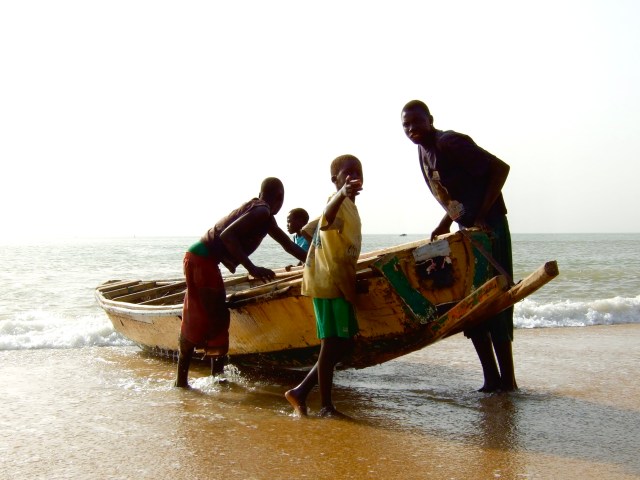Nokia and UNICEF to teach coding skills to children in Senegal

Nokia and UNICEF announced a partnership to provide digital education in Senegal, West Africa. The collaboration aims to improve digital education and training in select schools in the region, bridging the digital divide. The main focus of the new partnership is to teach advanced digital skills and coding to children and young people in Senegal.
This new activity is in line with Nokia’s enhanced Environmental, Social, and Governance (ESG) strategy which integrates sustainability programs and practices into its business with five major strategic objectives: environment, industrial digitalization, security and privacy, digital divide, and responsible business.
Nokia, in the past couple of years, has been an advocate for diversity, sustainability, and environmental protection, being one of the few companies which pledged to combat the effects of climate change. For four consecutive years, this earned the company the award as the “most ethical company in the world” by Ethisphere Institute.
Last month, Nokia has announced its use of its technology to protect the Baltic Sea. It has also been optimizing its operation for efficiency to reduce its CO2 emissions by at least 50% by 2030, and 75% for all of its products using its 2014 product lineup as its baseline. Their recent innovation with a sustainable industrial-scale liquid cooling technology has also won an award at the Mobile World Congress (MWC) 2022 and is expected to roll out to its clients.
Nokia’s strong commitment to ethical business practice also influenced the Nokia brand-licensee, Nokia Mobile, which started developing products made from recycled elements and shipping them in recycled boxes.
Source (1)




